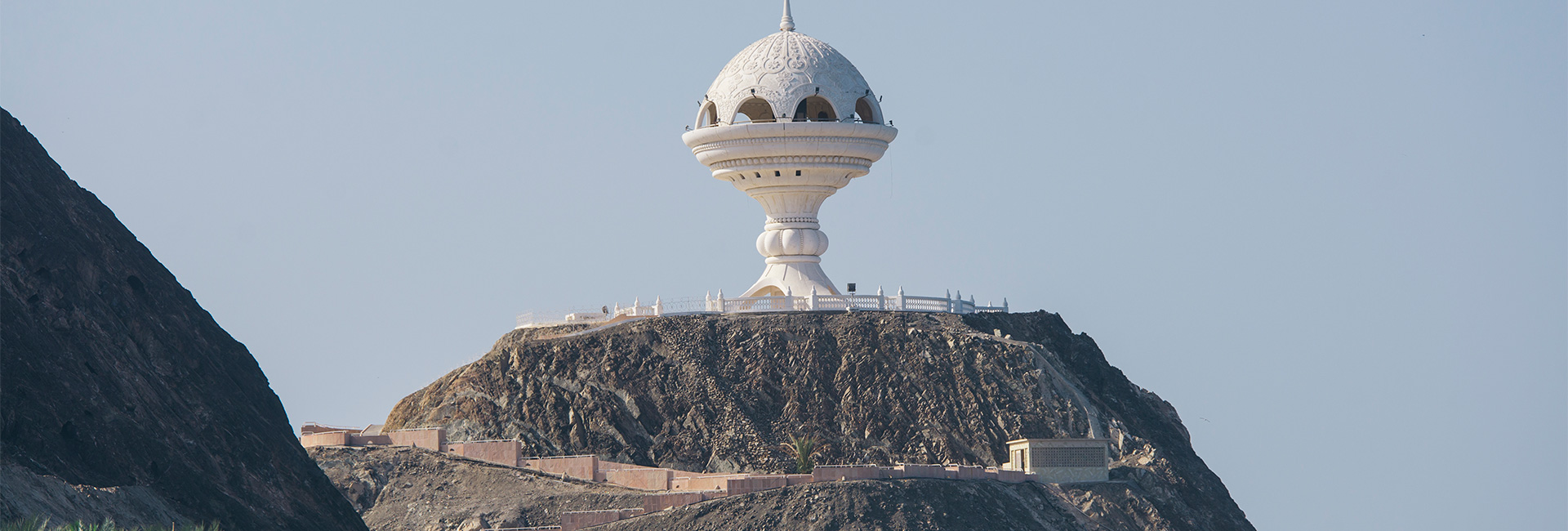The figures released by the Central Bank of Oman (CBO) in its monthly statistical bulletin for March 2018 revealed a faster growth rate for Islamic banking compared to conventional banking.
The total credit of the two Islamic banks and the six Islamic windows at the end of March 2018 amounted to OMR3.18 billion (US$8.24 billion) compared with OMR2.6 billion (US$6.74 billion) a year ago, against the total credit of conventional banking recorded at OMR20.9 billion (US$54.17 billion) at the end of March 2018. The favourable trend can be attributed to the competitive interest rate in Islamic financing and the variety of products that are available that suit customers’ needs.
The total deposits held with Islamic banks and windows also registered a significant increase to OMR3.15 billion (US$8.16 billion) at the end of March 2018 from last year’s OMR2.38 billion (US$6.17 billion) while conventional banks recorded OMR19 billion (US$49.25 billion) which is the same as in 2017.Although there is no difference in substance between conventional and Islamic banking deposits, Muslims, for religious reasons, are switching from conventional to Islamic and those who never used the banking services for religious reasons have started using Islamic banking services.
The total assets of Islamic banks and windows reached the OMR4 billion (US$10.37 billion) mark as of March 2018, accounting for 12.4% of total banking system assets in the Sultanate.
Such robust growth indicates that the Shariah compliant banking system has established itself in the Sultanate for the past six years since the Islamic banking system was first introduced. According to the CBO report, the conventional loans that were replaced with Islamic financing are in the region of 14-16% against an average of 20% in GCC countries. No doubt, the growth trend in Oman will surpass the average of GCC countries and the Islamic banking products will also have a positive impact on Islamic insurance products in the country.
These achievements came in the midst of the fall and rise in oil prices and the increasing cost of funding in the banking sector. Some Islamic banks continue to suffer from the high cost of funding, leading to a huge tax loss or a deferred tax asset. Oman Arab Bank and Alizz Islamic Bank are said to be considering a merger. Oman Arab Bank has an Islamic banking window, Al Yusr, while Alizz Islamic Bank is a fully-fl edged Islamic bank.

